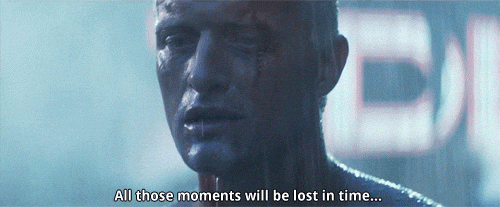Blade Runner, released in 1982, is a science fiction film directed by Ridley Scott that has left an indelible mark on popular culture. The movie's portrayal of a dystopian future where synthetic humans called replicants are created to serve humanity raises several thought-provoking questions about the nature of identity and what it means to be human.
One significant social implication of Blade Runner is its exploration of the ethical implications of creating artificial beings with advanced intelligence and emotions. The film challenges viewers to consider whether these replicants should have rights equal to those of humans, or if they can ever truly be considered as such due to their synthetic nature. This raises questions about our own treatment of marginalized groups in society who are often denied basic human rights based on perceived differences from the majority population.
Another important theme explored by Blade Runner is the impact of technology and urbanization on mental health and well-being. The film's setting, a crowded, polluted cityscape filled with neon lights and towering skyscrapers, reflects our own modern world where technological advancements have led to increased isolation and stress among individuals. As we continue to rely more heavily on technology for communication and entertainment, it is crucial that we also prioritize mental health support systems and foster meaningful connections between people in order to maintain a sense of balance and well-being.
In conclusion, Blade Runner serves as an important reminder about the potential consequences of our relentless pursuit of progress at any cost. By exploring themes such as identity, ethics, and the impact of technology on society, it encourages us to reflect upon our own values and consider how we can create a more equitable and sustainable future for all beings – human or otherwise.
